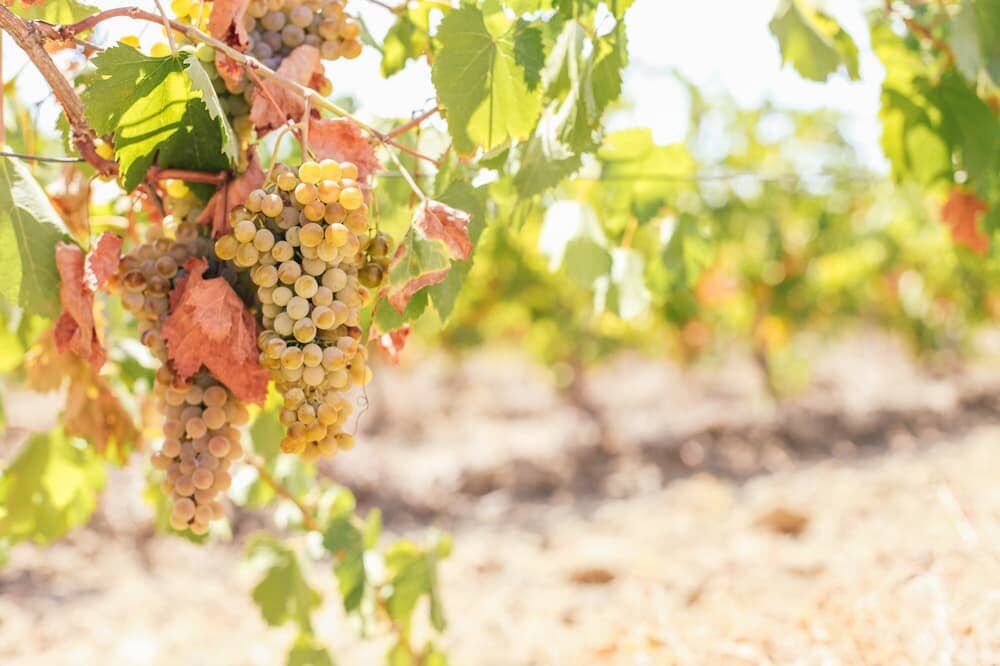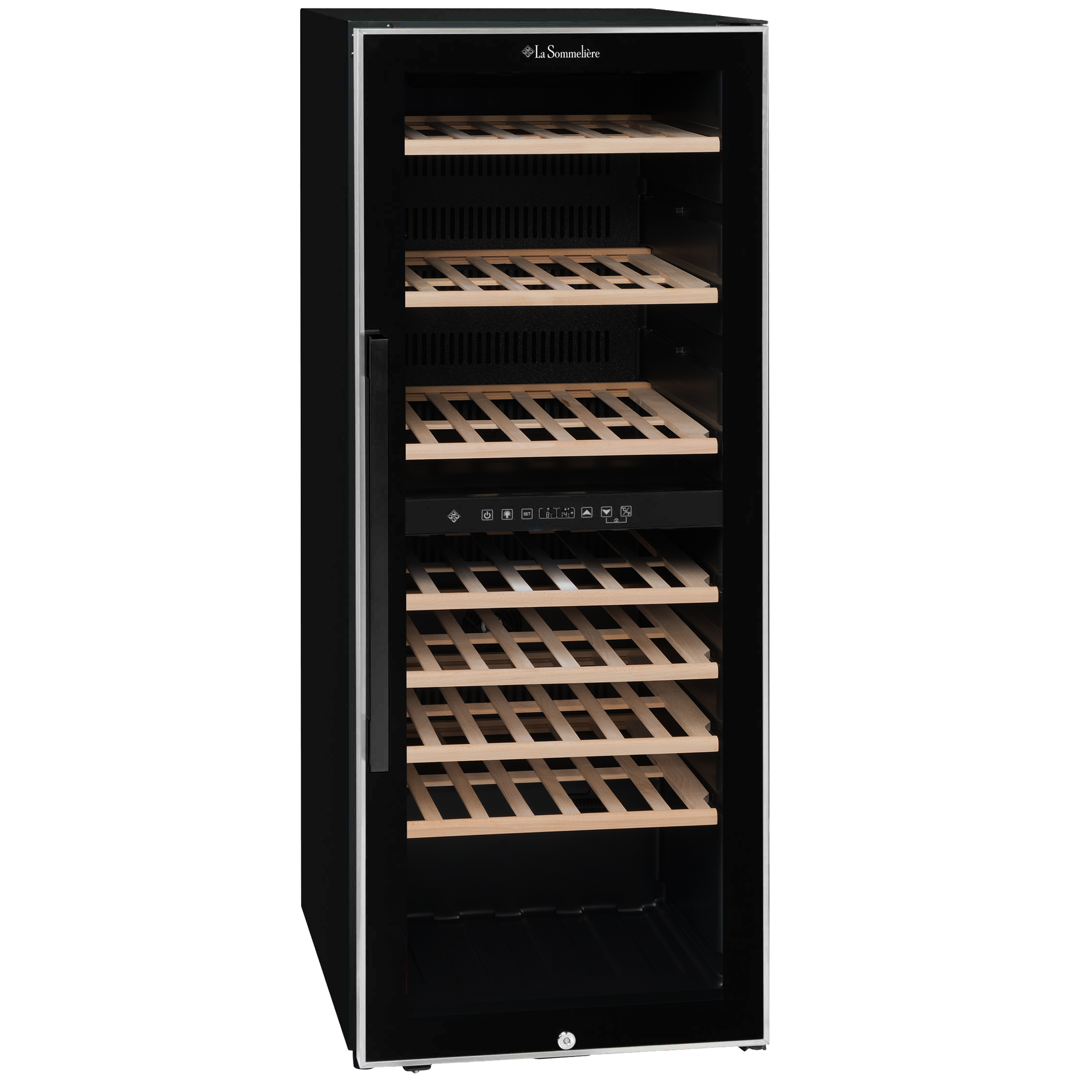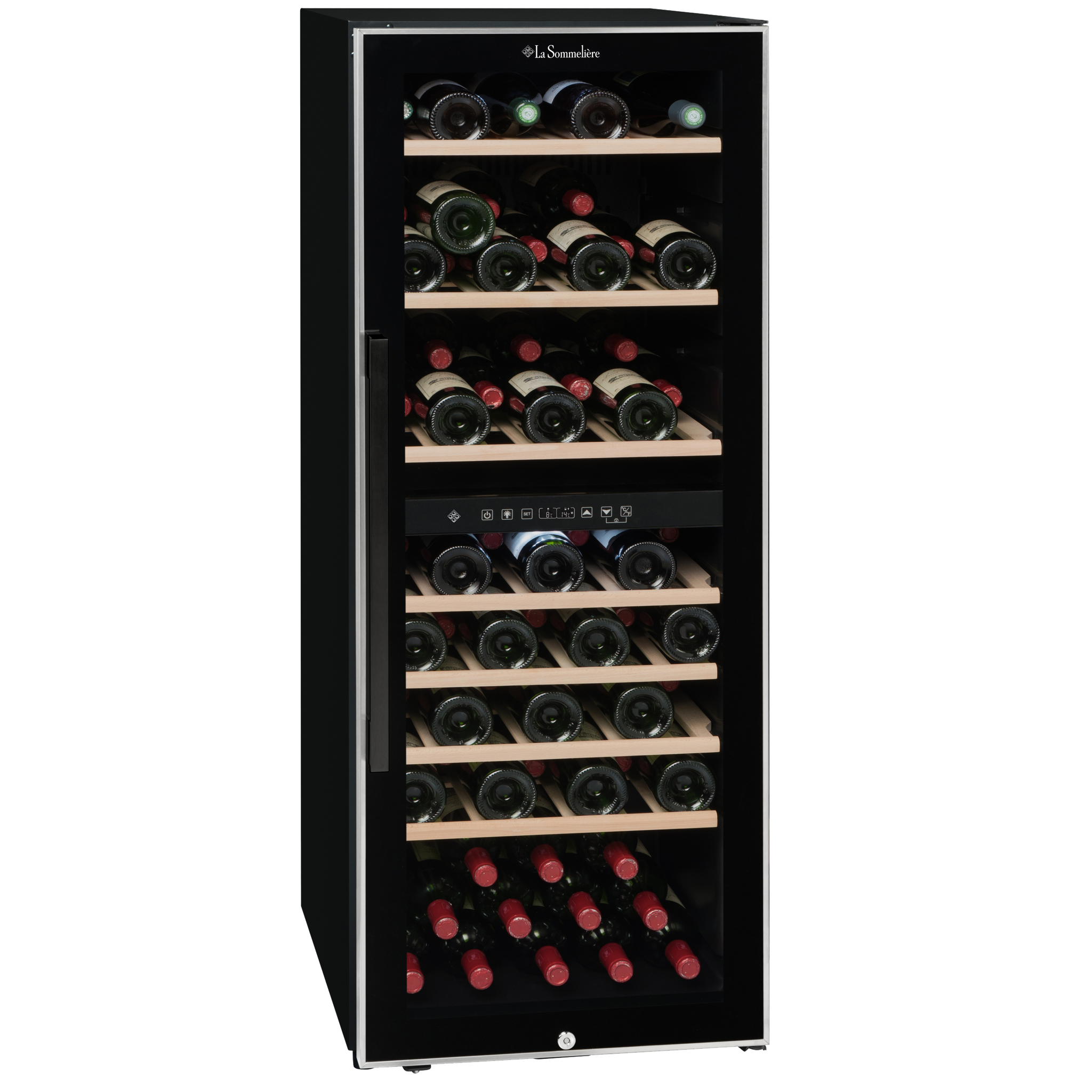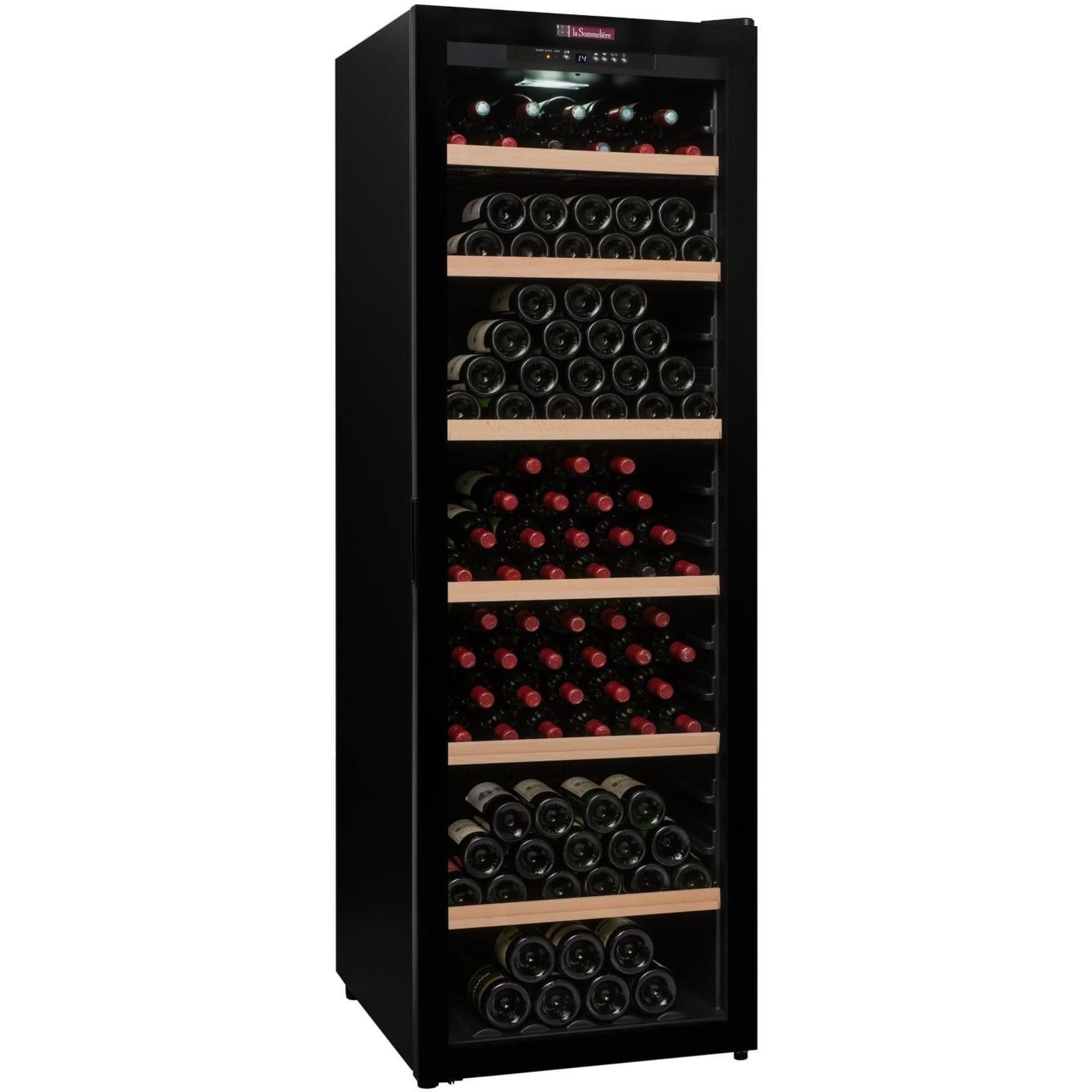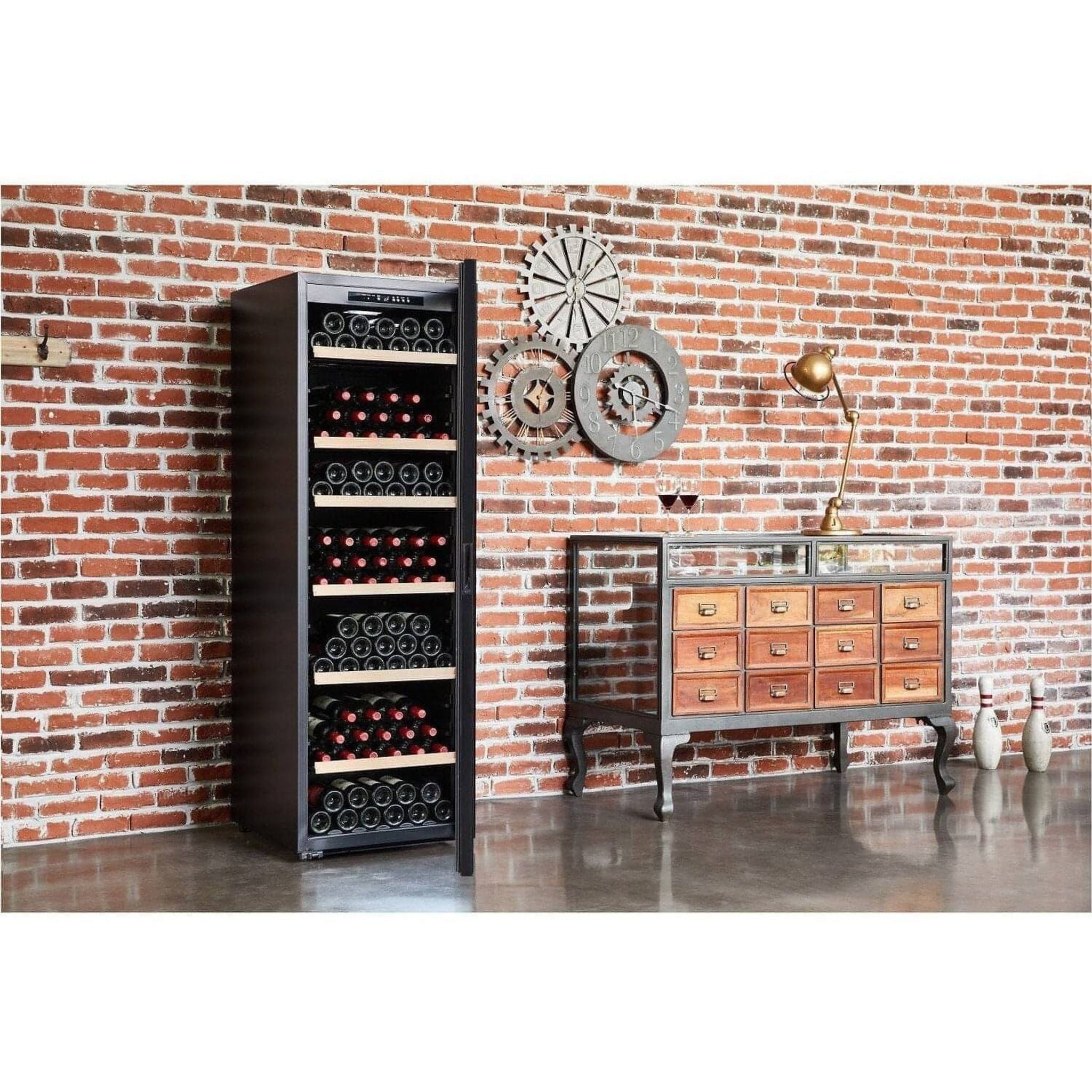Riesling is a popular wine with a refreshing and crisp taste.
Native to areas near the Rhine River in Germany, the wine has become one of the most popular whites on the market.
Whether you’re enjoying a glass of wine after a hearty meal, you’re out for drinks, or you’ve just had a long day, Riesling is a perfect choice.
But how much do you know about Riesling? Where is it produced? How Does It Taste? Does it pair with food well?
Keep reading to learn the ins and outs of the popular white wine.
What Is Riesling?
Riesling is a white wine made from the aromatic Riesling grape that produces fruity flavours.
Historically, Riesling was produced in the Rhine wine region of Germany. The wine was first heard of back in 1435, in the inventory of the high noble court of Count John IV of Katzenelnbogen.
From the very first production, Riesling was a popular beverage amongst the nobles of Germany. It was transported with them amongst business dealings and conquests around Europe.
Unlike the majority of wines, Riesling comes in a unique shaped bottle. A bottle of Riesling is usually tall and slender and stands out on the shelves of your local supermarket.
Riesling matures well and is considered aged after around five years. If the wine is high in acid and sugar, it can often be kept for over twenty years. However, if you plan on ageing your Riesling, then you should do so with care, and store it in the correct conditions.
How Do I Store Riesling?
The way you store your Riesling is important, and if stored incorrectly, it can result in an unpleasant bitter or acidic taste.
The complexity of the aromas, acidity levels, and residual sugar can have an effect on how it ages.
It is a versatile wine that offers both sweet and dry versions, and you should consider this when storing Riesling for ageing.
Rieslings that have higher levels of residual sugar usually age better than dry Riesling - this is because sugar helps to preserve the wine.
If the wine is sweeter, then you should store it in a consistent environment with no fluctuations in temperature or humidity.
When storing your favourite Riesling, you should consider humidity and temperature.
Wine is best stored between 11°C and 15℃ - so try to ensure the environment in which you store your wine is within that range.
Riesling is also best stored in humidity levels between 50% and 70% - this keeps the cork moist, but not too moist that it slips out or that labels get destroyed.
The best way you can store Riesling is in a wine cellar, a wine fridge, or a wine cabinet.
Most wine coolers and wine cabinets will consider all factors when storing your wine, ensuring that they are kept in the best possible way.
You can find wine storage solutions that can provide the perfect conditions to age your wine, or that can prepare your wine for serving - and wine coolers that offer both.
However, not everybody has a wine fridge, cabinet, or cellar - so another suitable place could simply be a dark, cool, and dry space such as the back of a cupboard or cabinet.
Where Is Riesling Produced?
Although Germany is the oldest producer of Riesling, there are countless other countries that boast ties to the popular wine.
Riesling made its way along the Rhine River towards the Alsace region of France. This area is known for producing delicious and aromatic white wines, including Pinot Gris.
Riesling produced in Alsace is generally full-bodied and doesn't contain much residual sugar. However, late harvests lead to sweeter wines - so some wines will be sweeter than others.
Another place that is known for producing Riesling is Austria. The sweetness levels can vary from very dry to very sweet - it all depends on the brand.
When you move out of Europe, you can find quality Riesling productions in South Australia - their style is typically bone-dry and contains notes of lemon, lime, and grapefruit.
North America is also a well-known producer of Riesling - in New York State, Washington State, and many other states produce an excellent Riesling.
Riesling produced in New York State is known as the flagship variety of the Finger Lakes. The grapes are usually harvested later on, which results in a sweeter taste.
How Does Riesling Taste?
The taste of Riesling can vary depending on the area of production, but typically, you’ll find fruity and floral notes.
The fruity notes can range from expressive citrus or pineapple to deeper stone fruits - and can vary in sweetness depending on when the grapes were harvested and how much yeast was added during fermentation.
Some other fruity flavours you may notice include lime peel, apricot, and pear.
In most Rieslings, you’ll find floral flavours - usually citrus blossom and jasmine. You may also identify flavours such as honey, beeswax, and ginger.
If the Riseling is particularly aged, you may notice flavours of petrol. This is a natural part of the ageing process - so don’t be too alarmed. In terms of acidity, it has similar levels to lemonade.
Dry or Sweet?
Riesling can be dry or sweet - the sweetness can depend on the producer, where it was produced, and when the grapes were harvested.
Historically, Riesling was a sweeter wine when produced in Germany - however, most Rieslings are dry or off-dry now. Even when produced in Germany, it is often made dryer than it once was.
Riesling Food Pairings
Riesling has a balance of sweetness and acidity, making it a perfect pairing with spicy food.
Whether you opt for a strong and spicy Indian meal or an aromatic Asian meal with spice, it’s sure to accompany your Riesling perfectly.
For example, you could try a spiced duck leg or other meals based around duck, bacon, pork, chicken, shrimp, or even crab.
The flavour profile of Riesling means that it pairs perfectly with a wide range of spices and herbs such as clove, ginger, cayenne pepper, Sichuan pepper cinnamon, allspice, madras, basil.
Some sauces that can complement the flavours of Riesling include soy sauce, rice vinegar, and teriyaki sauce - pretty much anything with a strong taste.
If you’re a cheese lover, you’ll be glad to know that some cheeses pair perfectly with Riesling.
However, try to opt for milder cheeses with delicate flavours - and for best results, combine them with dried fruit.
La Sommeliere freestanding units are ideal for Riesling bottles. If you’re looking for the perfect storage unit to house your bottles of Riesling, look no further than our wide range of La Sommeliere products.
La Sommeliere is a wine cooler specialist, providing some of the best storage units on the market today.
With over 20 years of experience, it’s safe to say that La Sommeliere knows what they’re doing when it comes to designing and manufacturing wine coolers. Having the right storage available for your bottle collections is vital - the wrong temperature and humidity could be extremely detrimental to your alcoholic goods.

